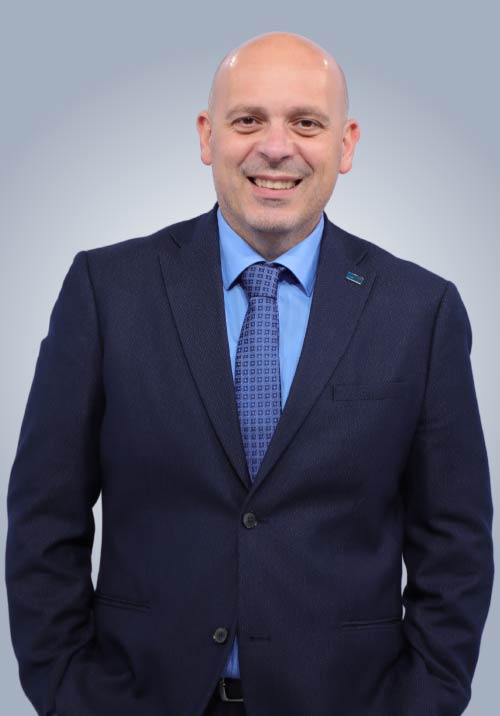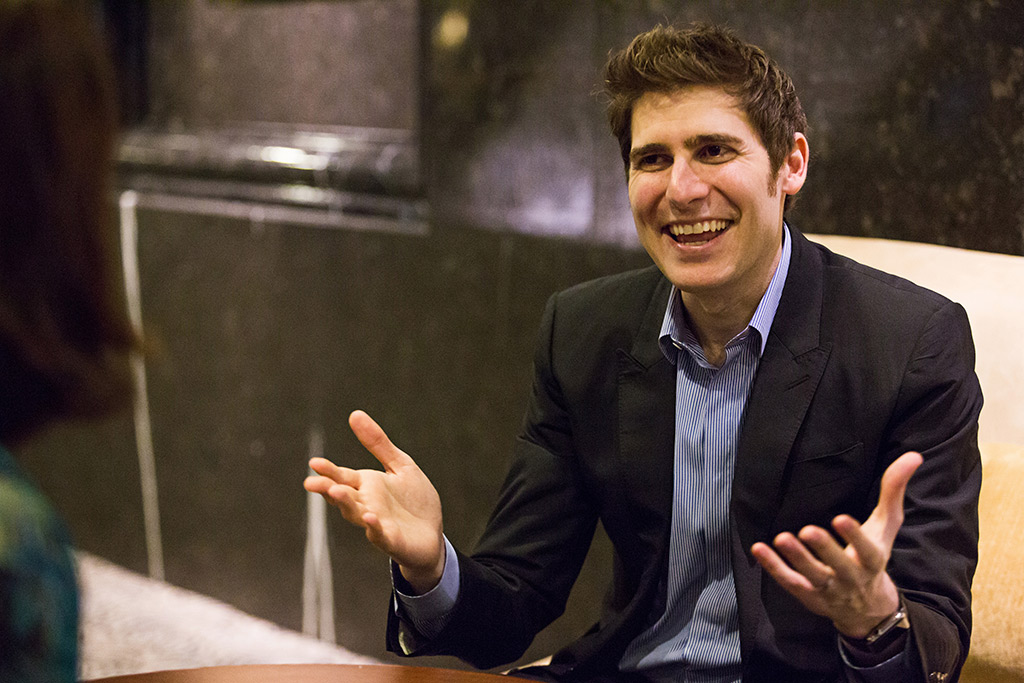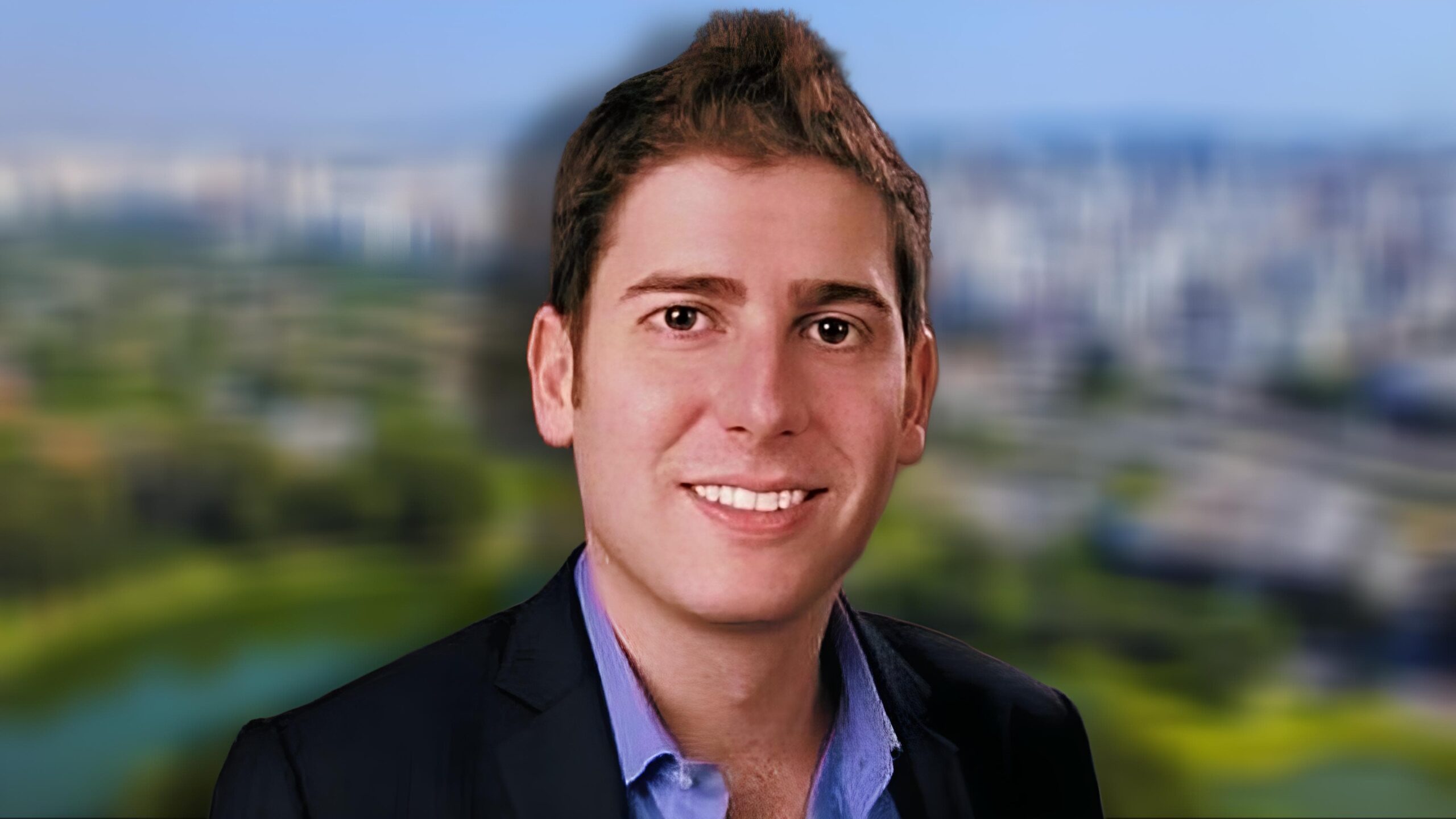What drives a young, brilliant mind to co-found a global phenomenon, and then make a life-altering decision that sparks both admiration and family reflection? Eduardo Saverin's journey from a privileged upbringing in Brazil to the co-founding of Facebook and subsequent renunciation of his U.S. citizenship is a complex narrative of ambition, wealth, and the pursuit of global opportunity.
Eduardo Luiz Saverin, born in So Paulo, Brazil, on March 19, 1982, embarked on a path that would lead him to the forefront of the digital revolution. His story is not just one of technological innovation, but also of personal evolution and the choices that shape a life lived at the intersection of global finance and personal identity. Saverin's co-founding of Facebook with Mark Zuckerberg, Dustin Moskovitz, and Chris Hughes while at Harvard University in 2004, marked the beginning of a meteoric rise to international recognition. However, his decision to relinquish his U.S. citizenship in 2011, although legal and strategically advantageous, created ripples of discussion, particularly within his family.
| Category | Details |
|---|---|
| Full Name | Eduardo Luiz Saverin |
| Date of Birth | March 19, 1982 |
| Place of Birth | So Paulo, Brazil |
| Nationality | Brazilian (born), Singaporean (current) |
| Parents | Roberto Saverin (father), Sandra Saverin (mother) |
| Siblings | Two |
| Education | Harvard University (Economics) |
| Career | Entrepreneur, Angel Investor, Venture Capitalist |
| Notable Achievements | Cofounder of Facebook (now Meta Platforms) |
| Net Worth (approx. 2024) | Estimated at $5.7 billion |
| Residence | Singapore |
| Spouse | Elaine Andriejanssen |
| Children | 1 |
| Reference | Forbes Profile |
Saverin's upbringing provided a foundation for his future success. His father, Roberto Saverin, was a successful businessman with interests in clothing, shipping, energy, and real estate. This exposure to various industries instilled in Eduardo an understanding of business principles from an early age. His mother, Sandra, a psychologist, likely nurtured his intellectual curiosity and analytical thinking. The family's move to Miami, Florida, in 1992, when Eduardo was 11, was driven by Roberto Saverin's foresight to navigate political instability in Brazil. This shift to the United States provided Saverin with access to world-class education and opportunities.
At Harvard University, Saverin met Mark Zuckerberg, a sophomore with a vision. They initially invested $1,000 each in what would become Facebook, later committing an additional $18,000 each. Saverins early involvement was crucial; he served as the companys chief financial officer and business manager, essential roles in securing funding and navigating the early stages of the companys growth. While Zuckerberg focused on the technical aspects, Saverin managed the business side, laying the groundwork for the company's financial stability.
The story of Facebook's founding is well-documented, but the evolution of Saverin's role and personal life is less often discussed. In 2012, Saverin held 53 million Facebook shares, worth approximately $2 billion at the time. His wealth has continued to grow over the years, making him a significant figure in the world of finance. His decision to renounce his U.S. citizenship came to light in 2011, leading to conversations about tax implications. As a Singaporean citizen, he no longer had to pay U.S. taxes on his earnings from Facebook, which was considered a strategic financial move.
This move, while financially astute, caused mixed emotions, as expressed by his father, Roberto Saverin. "It was hard for me, because of the life I built in the U.S., hearing from Eduardo that he had to give up on his citizenship," Roberto said. The decision was a complex one, involving both personal and practical considerations. From a business perspective, it offered significant tax advantages. However, it meant giving up ties to a nation that had provided him with opportunities.
Saverin's career took a new direction after leaving Facebook. He became an active venture capitalist and angel investor, focusing on startups and emerging technologies. His portfolio reflects his interest in innovative companies across various sectors, including technology, finance, and healthcare. His investment strategy is informed by his experience with Facebook, allowing him to identify promising ventures and contribute to their success. Now living primarily in Singapore, he has continued to invest and grow his wealth, cementing his position as a global entrepreneur.
The Saverin family's journey began in So Paulo, Brazil, where Eduardo was born into a wealthy Jewish family. His father, Roberto, built a successful business empire in various sectors, and his mother, Sandra, was a psychologist. Their move to Miami, when Eduardo was a child, reflects a pattern of seeking new opportunities and navigating political uncertainties. The familys history is intertwined with Brazil's economic and political landscape, and their experiences shaped the decisions that Eduardo and his family made.
Saverin's story is also notable for the precautions taken due to his family's wealth. Concerns about potential kidnappings led to close security measures during his youth. This awareness of risk underscored the complexities of his upbringing and influenced how he approached life. The environment that surrounded him from childhood, with the strong business background, the psychological influence, and the precautions, set the scene for his ventures into a new path.
Saverin's move to Singapore has also been viewed from several angles, mostly centered on tax efficiency. As a result, he has had to manage a complex balance between financial benefits and personal identity. His success story embodies a mix of ambition, business acumen, and an ability to adapt. Eduardo Saverin's journey is a reminder that the pursuit of wealth and success can involve difficult choices and the reshaping of one's place in the world.
Beyond the headlines and the valuations, Eduardo Saverins story offers lessons in entrepreneurship, investment, and personal reinvention. His journey reminds that the road to success is often paved with difficult decisions and the need to balance personal values with global opportunities.


